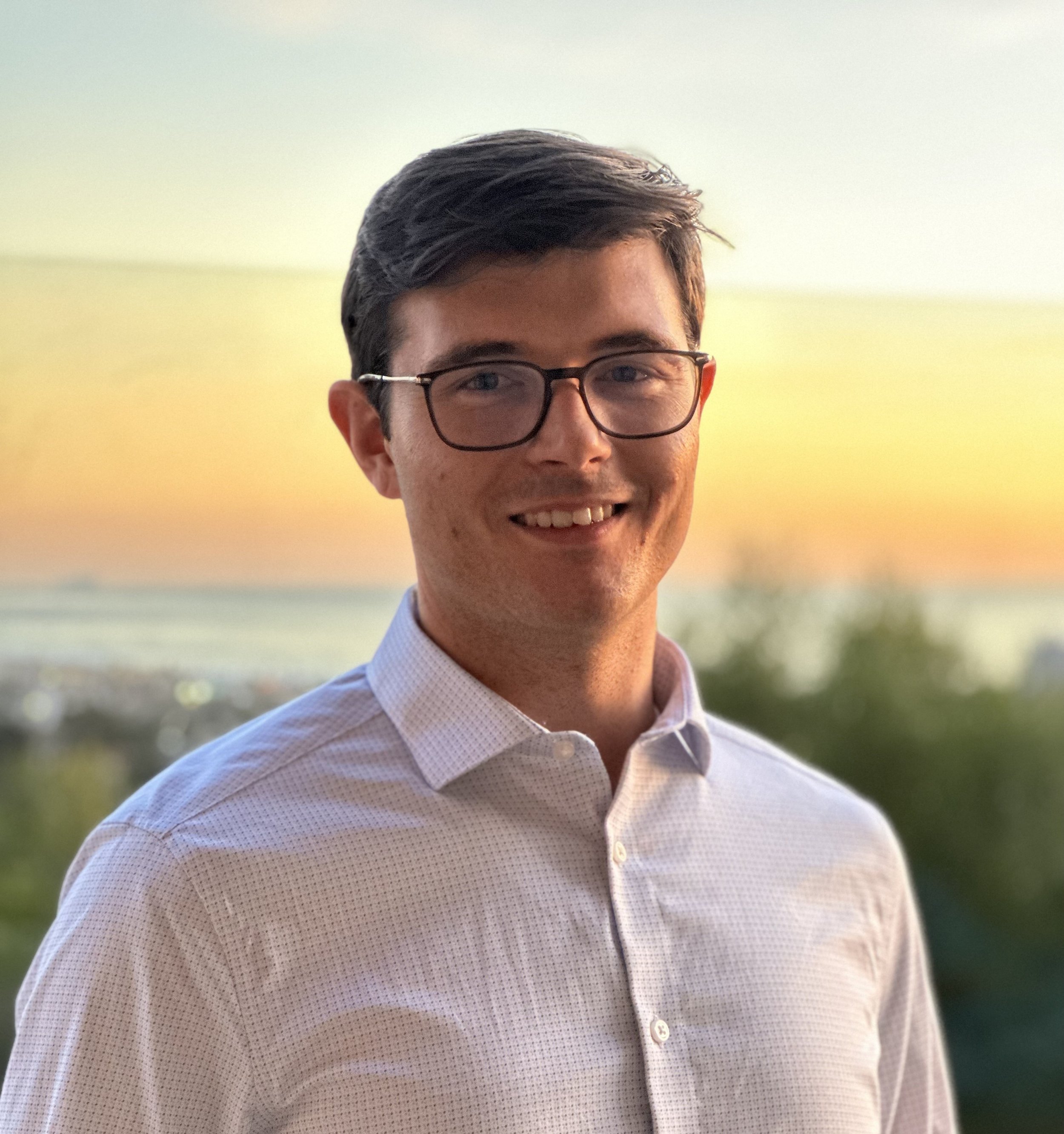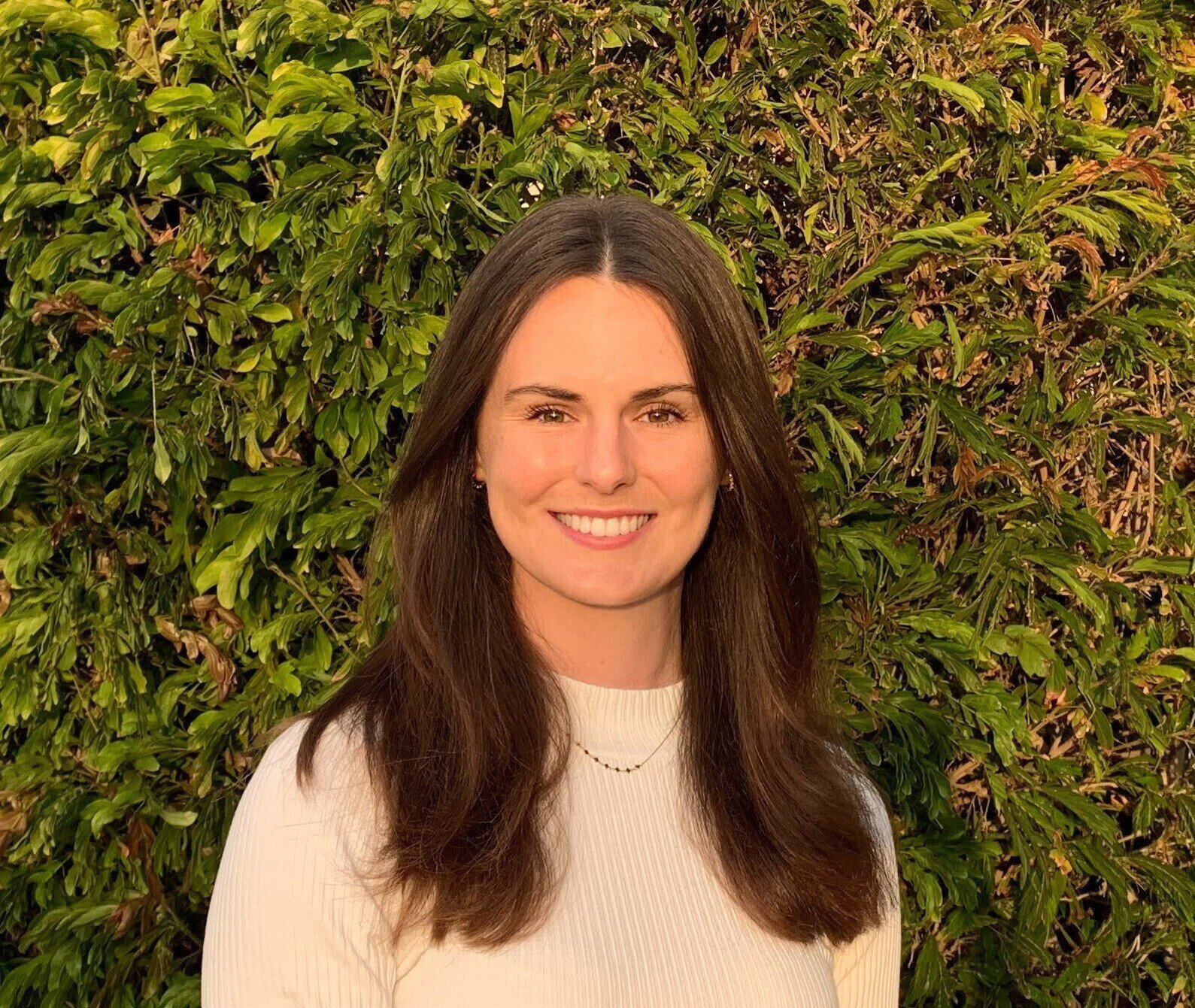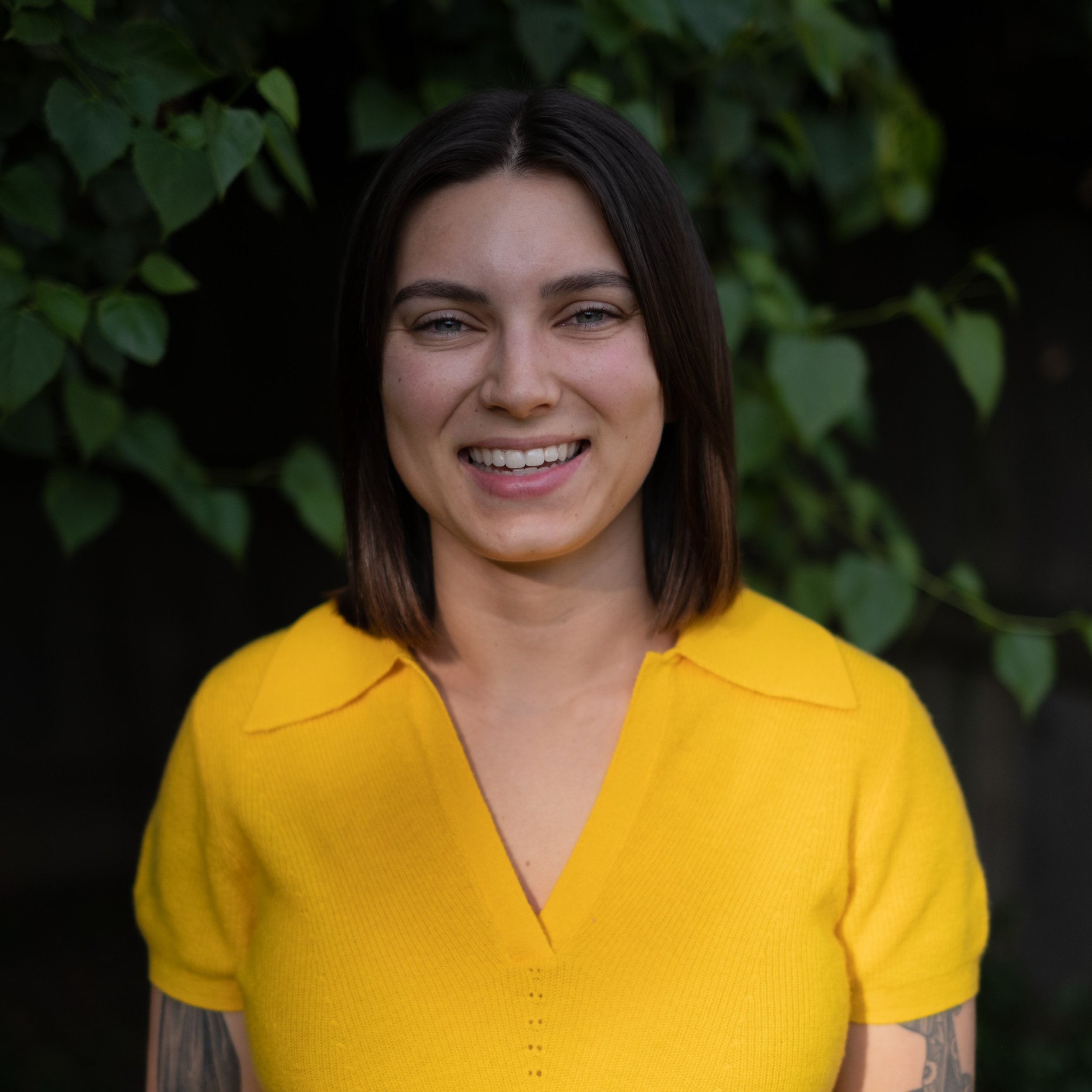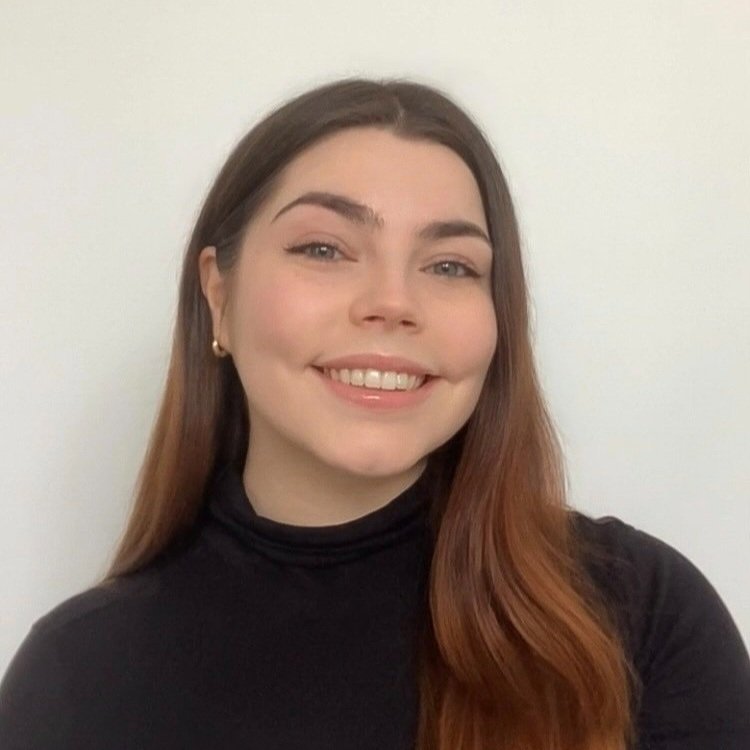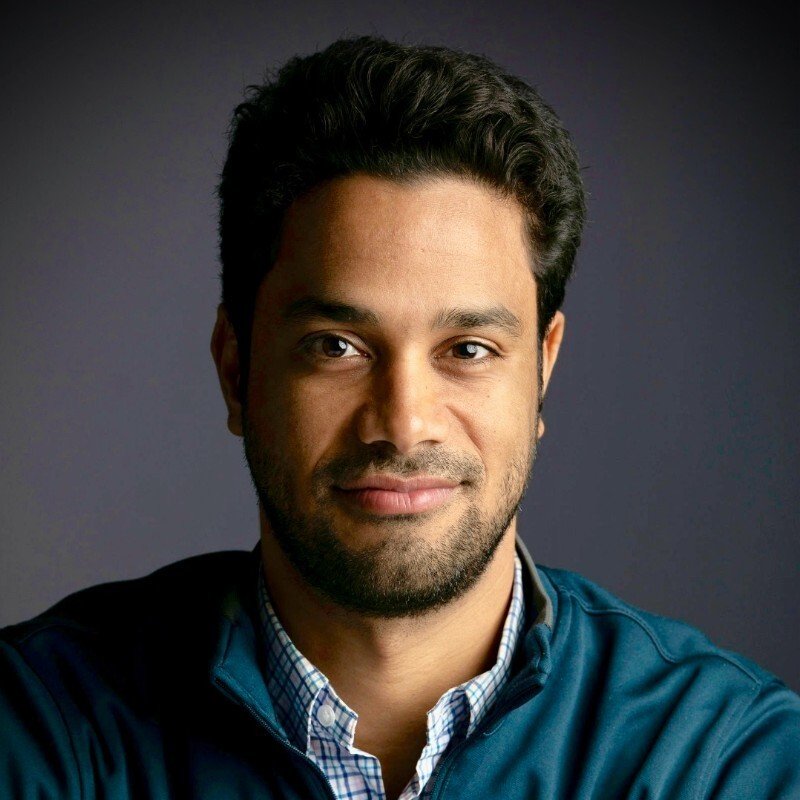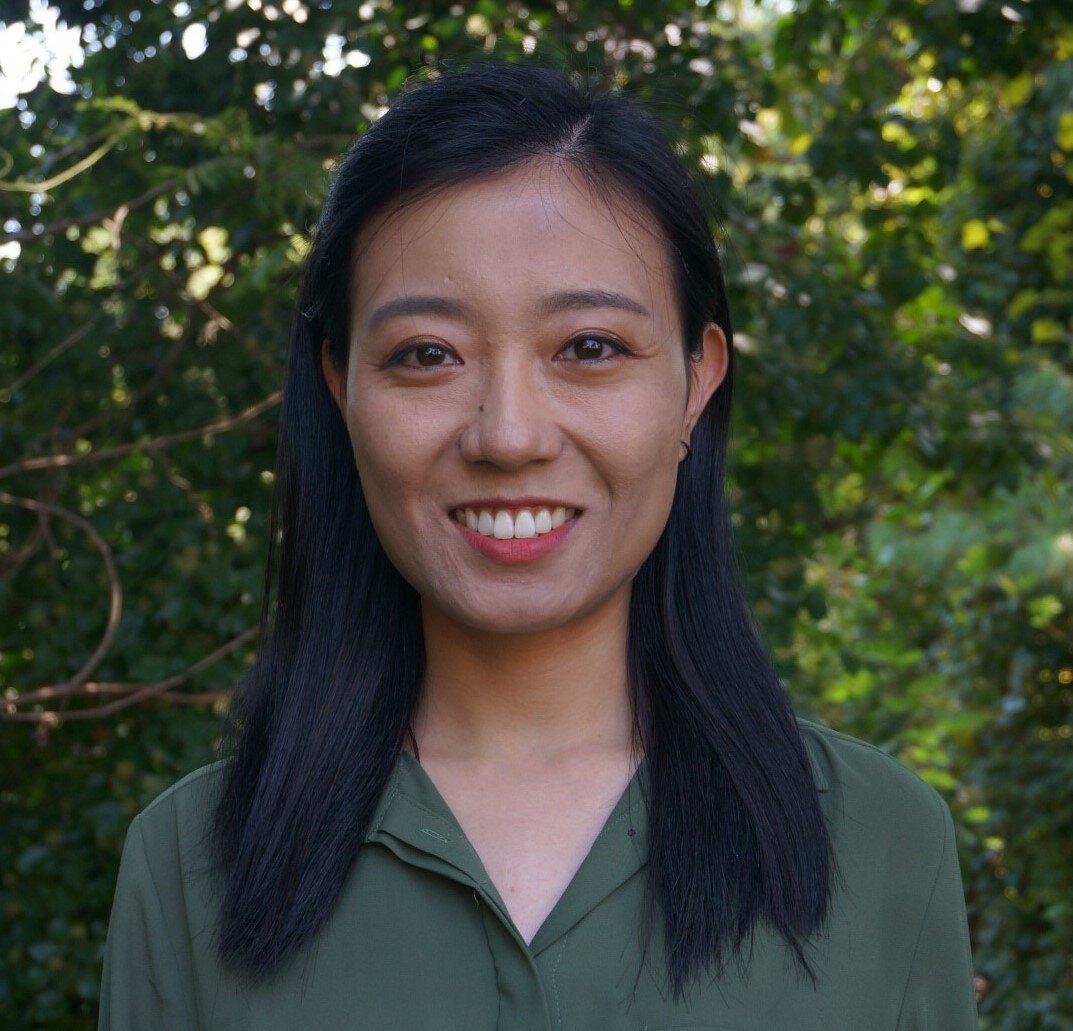Our Team
Dustin Bambic, P.H.
Principal Hydrologist and Director
Dustin is an expert at stormwater planning, pollutant fate and transport and Clean Water Act compliance. His understanding of both the science and policy of Clean Water Act issues has enabled him to lead some of the most challenging water quality projects in the United States. Dustin has led numerous innovative stormwater implementation plans that leveraged state-of-the-art tools such as continuous simulation and genetic optimization to identify BMPs with maximum cost-benefit. He also has nationally recognized expertise related to the bacteria contamination that causes beach closures and freshwater impairments across the United States – he has led numerous cutting-edge special studies (including microbial source tracking and quantitative microbial risk assessment) to support implementation plans to reduce bacteria levels in stormwater and/or develop site-specific water quality criteria.
Master of Science, Civil and Environmental Engineering, 2003, University of California-Davis
Master of Science, Hydrologic Science, 2003, University of California-Davis
Bachelor of Science, Physics, 2000, Western Kentucky University
Bachelor of Arts, Mathematics, 2000, Western Kentucky University
Stephen Carter, P.E.
Principal Engineer and Director
Stephen has supported numerous federal, state, and municipal clients in the areas of watershed modeling, emerging stormwater engineering practices, infrastructure planning, and Clean Water Act regulatory support. He has developed innovative approaches to watershed management, including leveraging advanced modeling systems to develop TMDLs and implementation plans to identify cost-effective BMPs and reduce stormwater and CSO impacts. Stephen has managed numerous large on-call engineering contracts, encompassing a wide spectrum of projects from water quality improvement planning to pollutant monitoring studies to city-wide infrastructure management. Stephen oversees Paradigm’s stormwater capture engineering efforts, including development of innovative concepts. Steve is a registered Professional Engineer with the state of California.
Master of Science, Environmental Engineering, 1999, University of North Carolina - Chapel Hill
Bachelor of Science, Civil Engineering, 1997, University of North Carolina- Charlotte
John Riverson
Principal Water Resources Analyst and Director
John is an internationally recognized expert in continuous simulation modeling and data analysis. His applications include hydrological modeling, climate change assessment, stormwater and watershed management, water quality modeling, and pollutant source characterization. John has led some of the largest watershed modeling projects conducted in the United States. John was a principal developer of the groundbreaking, public-domain modeling software – System for Urban Stormwater Treatment and Analysis Integration (SUSTAIN) for USEPA. John’s experience also includes computer programming of applications for storing, managing, and analyzing complex datasets to inform policy decisions. He also has a reputation as an effective communicator and has conducted numerous nationally attended workshops and training courses.
Master of Science, Civil and Environmental Engineering, 1999, University of Virginia
Bachelor of Science, Civil and Environmental Engineering, 1997, University of Virginia
John Craig
Principal Scientist and Director
John is an experienced environmental scientist and program manager who leads complex water resources projects. He has led signature projects involving water quality assessment, watershed planning and development of implementation-ready TMDLs. John has served as project manager for numerous large on-call federal contracts including major vehicles for USEPA. John served as contract manager for some of the most complex and innovative TMDLs in the U.S. including TMDLs for temperature, sediment, nutrients and bacteria. He has provided support for water programs throughout the United States for federal, state, and local governments and brings a unique understanding of Clean Water Act programs across all levels of government. John leads key internal operational aspects for Paradigm to promote efficiency and attainment of corporate goals.
Master of Science, Marine, Estuarine, and Environmental Sciences, 1992, University of Maryland
Bachelor of Science, Biology, 1986, Towson State University
Khalid Alvi, P.E.
Senior Water Resources Engineer
Alvi is a water resources engineer with extensive experience in the development of linked watershed and stormwater BMP modeling systems. He leads teams of computer programmers and watershed modelers to produce applications and software for federal, state, and municipal agencies. Alvi has authored foundational software for stormwater and watershed modeling including the System for Urban Stormwater Treatment and Integration (SUSTAIN), Loading Simulation Program – C++ (LSPC), Stormwater Management Optimization Tool (Opti-Tool) and the BMP Accounting and Tracking Tool (BATT). He is also one of the leading experts in the application of EPA’s Spreadsheet Tool for Estimating Pollutant Loads (STEPL), and has provided national technical support to EPA 319 grantees and led hands-on-training courses across the country. Alvi’s leadership and innovative problem-solving are an asset across all phases of our modeling workflow, including problem formulation and simplification of computational complexities. He is a registered Professional Engineer with the state of Virginia.
Master of Science, Civil and Environmental Engineering, 1999, Asian Institute of Technology, Thailand
Bachelor of Science, Civil Engineering, 1993, University of Engineering and Technology Lahore, Pakistan
Robert Berger, GISP
Senior Applications Developer
Robert is an experienced applications developer and project manager, with expertise in an array of software platforms and coding languages. Robert’s diverse skill sets cover GIS analysis, imagery, full-stack programming, geodatabases, and mapping. He has led development teams to create numerous complex web-systems, ranging from stormwater tracking to modeling interfaces to groundwater data management systems. Robert has developed a variety of products for the desktop and web, bringing GIS and other automation solutions for data management, visualization and reporting. Robert is highly experienced with technologies in the Microsoft (.NET) stack, while also being proficient with other/open-source platforms. He is proficient in numerous languages (C#.NET, SQL, JavaScript, C++, Android Java, VB.NET, Python), frameworks (Microsoft.NET, jQuery, ESRI ArcObjects, D3.js, Type Script, React), databases (Microsoft SQL Server, PostgreSQL, MySQL, SQLite) and hosting environments (cloud-hosted, client-hosted). He has a strong GIS and database management background, pays attention to detail and is familiar with QA/QC and project management processes. Robert’s emphasis on user experience, testing and reliability leads to products that consistently deliver exceptional client and end-user experience and satisfaction.
Master of Science, Geography, 2007, Ball State University
Bachelor of Science, Computer Information Science, 2005, Minnesota State University
Bachelor of Science, Geography, 2005, Minnesota State University
Ben Bowes, PH.D.
Water Resources Engineer
Ben is a water resources engineer with a background in hydrology and environmental science. He has expertise in hydroinformatics and machine learning for hydrology and stormwater management applications. Ben’s dissertation focused on the prediction of groundwater table response to storm events and real-time stormwater system control using deep machine learning techniques. Results of his research demonstrated the predictive capability of deep machine learning and the ability of deep reinforcement learning to create stormwater system control strategies for flood mitigation and improved water quality. At Paradigm, Ben applies his expertise in hydrologic and hydraulic modeling, high performance computing, GIS analysis, and Python to support team goals and provide high quality products to our clients.
Ph.D. Civil and Environmental Engineering, University of Virginia, 2021
Master of Engineering, Civil and Environmental Engineering, University of Virginia, 2019
Bachelor of Science, Earth and Environmental Sciences, Virginia Wesleyan College, 2013
Chris Carandang, P.E.
Water Resources Engineer
Chris is an engineer with experience in stormwater planning and project design. He has led concepts of numerous stormwater capture projects, including low impact development, green streets and regional facilities. Several of these concepts have been successfully funded by competitive grants. Chris leverages cutting-edge tools including continuous simulation models, geoprocessing and 3D design software. He is adept at identifying optimal locations for stormwater capture projects by using geoprocessing to identify available rights-of-way and public parcels with high potential to capture runoff. His research experience also includes analyzing satellite remote-sensing products to examine urban vegetation patterns in response to drought, local conservation measures, and urban water consumption. Chris brings a steady and consistent approach to engineering projects that promotes well-written, high-quality deliverables. Chris is a registered Professional Engineer with the state of California.
Master of Science, Civil and Environmental Engineering, 2015, Colorado School of Mines
Bachelor of Science, Civil Engineering, 2013, University of California, Los Angeles
tony dwire
Senior Applications Developer
Tony is a senior software engineer with over ten years of experience in delivering correct, performant solutions with low overhead and quick turnaround. Programming is his passion both in and out of work, and delivering quality is his top priority. He has led teams of different sizes over the years in creating solutions to novel, difficult problems. He is familiar with a wide range of technologies (.NET, many databases, operating systems, etc) and programming languages (including C#, C++, Rust, TypeScript, and even some LISP). With a strong focus on computer science, he is well acquainted with both the lowest and highest levels of development. In addition, he pushes hard for best practices in software development as the cornerstone of our projects, on which reliable, high-quality systems can be built.
Bachelors of Science, Computer Science, 2012, ITT Technical Institute
Ryan Edgley, PH, PMP, ENV SP
Water Resources Engineer
Ryan is an engineer and scientist with experience in stormwater modeling and water quality compliance strategies. Ryan leverages broad knowledge of hydrologic and hydraulic models, geographic information systems, and numeric computing software (e.g., Python, R) in supporting strategic stormwater compliance strategies. His current areas of emphasis include hydrologic and hydraulic modeling, two-dimensional watershed modeling, geospatial analysis, data analysis, and watershed planning. Within Paradigm’s modeling workflow, Ryan supports BMP identification, vetting for feasibility, unit-BMP simulations, assessment of cost-effectiveness, and prioritization screenings. His analyses are integrated into a broader stormwater compliance framework supporting municipalities with demonstrating progress towards meeting water quality and flood reduction goals. Ryan brings a thoughtful, organized approach to Paradigm’s workflow by promoting rapid-turnaround, quality assurance, and cross-discipline collaboration.
Master of Science, Hydrology, 2016, Colorado School of Mines
Bachelor of Science, Geology, 2014, California State Polytechnic University, Pomona
Bachelor of Science, Science, Technology & Society, 2014, California State Polytechnic University, Pomona
Sarah Followill, LEED G.A.
Water Resources Analyst
Sarah is a water resources analyst with a background in GIS processes, landscape analysis, and sustainable design. She leverages both desktop and web-based GIS platforms, including Google Earth Engine, QGIS, and ArcGIS Pro, to produce meaningful geo-visualizations. Sarah is experienced with multiple programming languages, including R, Python, and Java, and rendering conceptual designs for 2-D and 3-D spaces and infrastructure. Previously, she leveraged Java and QGIS to develop interactive, web-based visualizations and has used QGIS and R to estimate increases in the demand for future urban green infrastructure. Sarah led a project to analyze and inform a 3D conceptual building and landscape design with georeferenced renderings in Sketchup. Sarah has earned her LEED Green Associate credential and is passionate about enacting sustainable change within the built environment.
B.A., Environmental Studies, 2023, University of North Carolina at Chapel Hill
Jon Gendron
Water Resources Engineer
Jon is a water resources engineer and scientist with a background in watershed management and climate change vulnerability assessments. He utilizes his knowledge in computational modeling, data analysis, geographic information systems, and programming (e.g., Python, R) to support innovative watershed planning efforts. For his master’s thesis, Jon leveraged RHESSys-WMFire (a processed-based ecohydrological model coupled with a stochastic wildfire spread model) to predict 21st-century hydrology, fuel, and wildfire changes in a Pacific Northwest Forest.
M.S., Civil Engineering, 2022, Washington State University
B.S., Civil Engineering, 2019, University of Massachusetts Dartmouth
Julie Gevorgian
Water Resources Analyst
Julie is a water resources analyst focused on leveraging GIS tools to support hydrologic modeling and watershed management projects. She is adept at scientific research, cartography, and remote sensing analyses and has experience writing scripts and tools using Python. Julie showcased her data analysis and GIS skills by highlighting the beneficial impacts of urban tree planting through a development project in Los Angeles. She has also used remote sensing methods to identify and model volcanoes on the ocean floor. With Julie’s expertise in ArcGIS, QGIS, Google Earth Engine, and Python, she aims to present environmental data in innovative and informative ways.
M.S., Earth Science, 2022, University of California - San Diego
B.S., Earth Science, 2021, University of California - San Diego
Johnny Goldhamer
Applications Developer
Johnny is a full stack applications developer with expertise in a variety of software applications and languages, including Java, Oracle, Html, Javascript, jQuery, PostgreSQL, JSTL, Python, and Selenium, while actively learning the .NET stack and React. Johnny loves working with datasets, mathematics, and designing systems. His experience in full stack, backend, and QA automation lend to the development of robust and high-quality systems.
Bachelor of Engineering, Computer Science, 2016, Virginia Commonwealth University
Jeremy Goodman
Applications Developer
Jeremy is an applications developer proficient in C# with experience in other technologies. He brings to Paradigm over ten years of systems debugging experience, with a knack for jumping into the unknown and finding the path back out. Jeremy utilizes that experience throughout Paradigm’s products through all phases of the product development lifecycle, furthering the impact of our team’s quality assurance and user support. Jeremy’s experience extends beyond C# to other technologies front- and back-end technologies vanilla Js and React.
Full Stack Software Development Certification, Nashville Software School, 2023
rebecca kaliff, P.E., ENV SP
Water Resources Engineer
Rebecca is a Water Resources Engineer with a background in water quality, data analysis, and regulatory compliance. She has experience supporting stormwater and watershed management initiatives in California through the compilation, analysis, and synthesis of geospatial and environmental monitoring datasets. She has supported regional planning efforts ranging from stormwater master planning and microbial source tracking to TMDL compliance, MS4 permitting, best management practices, and the application of GIS. Rebecca is a registered Professional Engineer with the state of California.
Master of Science, Civil and Environmental Engineering, 2021, University of California, Berkeley
Bachelor of Science, Civil and Environmental Engineering, 2018, University of California, Berkeley
Tatiane Komrij
Applications Developer
Tatiane is a dedicated, results-driven full-stack developer with 1.5 years of experience in web application development. Her strengths include converting static mockups into responsive and dynamic, JavaScript-driven web pages and backend API development and integrations. She loves working with React and C# .Net and is also experienced working with JavaScript, CSS, SASS, TypeScript, SQL, NoSQL, and Redux.
Bachelor of Business Administration degree in Entrepreneurship from Belmont University, 2017 - 2020
Full Stack Software Development Certification, Nashville Software School, 2021
ASHISH KONDAL, PH.D.
DATA SCIENTIST / Engineer
Ashish is a data scientist and engineer specializing in climate forecasting and hydrological modeling. He focuses on system-level analysis to better understand and manage water and agricultural resources. With expertise in multi-model and multi-ensemble climate forecasting, he specializes in assessing and integrating climate forecast information into active decision-making processes pertinent to agriculture and water resources management. His interdisciplinary background and domain knowledge base span several interconnected domains, including the food-energy-water nexus, air quality, water markets, and natural resource management. Ashish's technical proficiency extends to multiple scripting languages (including R, Python, and MATLAB), GIS, and advanced data science techniques. He excels in applying these skills to real-world problems, leveraging cutting-edge computing techniques to unravel the complexities of natural systems and support sustainable resource management.
Ph.D., Civil Engineering, 2024, Washington State University
M.S., Civil Engineering, 2018, West Virginia University
Bachelor of Technology, Agricultural Engineering, 2016, Punjab Agricultural University
STEPHANIE LUU
Water Resources Analyst
Stephanie Luu is a dedicated water resources analyst with extensive experience in watershed management, flood-risk analysis, and both point and non-point source pollution analysis using tools such as STEPL, ArcGIS Pro, and PeakFQ. She excels in geospatial analyses, environmental management, and scientific research, working effectively with various clients. Stephanie collaborated with the Wild Salmon Center to create a model optimizing conservation investments for Oregon Coast coho salmon, integrating Modern Portfolio Theory with a Beverton-Holt population model. She also proposed a series of best management practices (BMPs) expected to reduce pollution in Tillamook Bay by approximately 65,000 pounds. With expertise in ArcGIS Pro, Enterprise, and R, Stephanie aims to translate complex environmental data into clear, actionable items for stakeholders, enhancing water quality, watershed supply, and resilience.
M.S., Environmental Science and Management, 2024, UCSB - Bren School of Environmental Science and Management
B.A., Environmental Science Policy and Planning, 2022, UC - Irvine
B.A., Urban Studies, 2022, UC - Irvine
Jack Mikesell, EIT
Water Resources Engineer
Jack is a water resources engineer who brings an emerging background in watershed hydrology. Jack has gained experience supporting stormwater and watershed management initiatives in California through the compilation, analysis, and synthesis of climate, geospatial, and environmental monitoring datasets. He has supported regional planning efforts ranging from stormwater master planning and watershed modeling to capital planning, conceptual design, and the application of GIS. Jack’s graduate research includes analyzing field-based LiDAR data and remote sensing products to develop computational tools for the assessment of post-wildfire hydrogeomorphic risks. He also leverages hydrologic models to inform watershed sustainability and landscape-scale planning efforts.
Master of Science, Civil Engineering, 2020, San Diego State University
Bachelor of Science, Environmental Engineering, 2018, San Diego State University, Minor in Sustainability
amelia milano
Water Resources analyst
Amelia is a water resources analyst with hands-on experience in ecological data analysis, research, and geospatial technologies. She excels in translating complex spatial datasets into actionable insights and has a proven ability to manage highly data-driven, technical projects. Amelia is experienced with multiple programming languages, including R and Python, as well as the ESRI and QGIS geospatial frameworks. Her experience spans ecological field research, digitization projects, and data analysis, including contributions to open data initiatives like the PteridoPortal database and citizen science projects such as "Caterpillars Count!."
B.A., Environmental Studies, Ecology & Society, 2024, University of North Carolina at Chapel Hill
Jacob A. Morgan, PH.D., EIT
Water Resources Engineer
Jacob is an engineer and scientist with experience using field/remotely sensed data, numerical modeling, and laboratory experiments to solve problems related to water and sediment in river environments. His dissertation and postdoctoral research centered on the interaction between hydrologic and sedimentologic inputs in the fluvial system, focusing directly on the morphodynamic effects of dam removal and dynamic flood risk due to changes in channel conveyance capacity. Jacob has used hydraulic and sediment transport modeling tools such as Delft3D, HEC-RAS, SRH-2D, and RiverFlow2D to simulate water and sediment movement over multiple dimensions and spatial scales. Jacob uses knowledge of programming and GIS to support problem-solving in hydrology, hydraulics, and geomorphology.
Ph.D. Civil Engineering, 2018, Colorado State University
M.S. Civil Engineering, 2013, University of Missouri–Kansas City
B.S. Civil Engineering, 2011, Tennessee Technological University
Ryan Murphy
Senior Water Resources Analyst
Ryan has extensive experience applying an advanced knowledge of computer systems and programming to solve complex environmental and water resources challenges. His applications combine his inter-disciplinary background in urban & ecological planning, public policy, water resources engineering and computer science. Ryan has been involved in the development of numerous TMDLs, stormwater BMP implementation strategies, and green infrastructure planning efforts. He has diverse exposure to watershed and stormwater modeling systems gained through project-specific application, active software development, and leading hands-on training workshops. Ryan specializes in leveraging the power of high-end computing, large datasets and open source frameworks to develop integrated decision support systems. He champions the application of scientifically oriented, open source platforms such as Python, R and QGIS. Ryan supports project workflow within Paradigm to ensure efficient utilization of resources and leveraging of key expertise across multiple projects.
Master of Environmental & Water Resources Engineering, 2010, Tufts University, Medford, MA
Bachelor of Science, Environmental Policy & Planning, 2005, Virginia Tech, Blacksburg, VA
Vincent O’Hara-Rhi
Water Resources engineer
Vincent is a water resource engineer with a strong background in GIS, hydrology, and watershed modeling. He has experience in applying remote sensing imagery and machine learning techniques to find areas at high risk of flooding. Vincent’s professional experience has focused on large-scale, comprehensive watershed master plans. He has supported drainage delineation, weather data downscaling, HRU creation, BMP opportunity identification, both LSPC and HSPF model calibrations, and SUSTAIN cost-benefit optimization modeling. Vincent has also supported scenario analysis, including drawing conclusions, communicating results to clients, and preparing reports. Vincent also has experience scripting in Python to support modeling efforts.
Master of Science, Civil Engineering, San Diego State University, 2022
Bachelor of Science, Physical Geography, San Diego State University, 2019
Kayla Reid
SENIOR Applications Developer
Kayla is a full stack applications developer with experience in an array of software platforms and coding languages. She has supported Paradigm’s development of web-systems, including stormwater tracking and BMP effectiveness assessment applications. Kayla is highly experienced with technologies in the Microsoft (.NET) stack, and rapidly gaining proficiency with open-source platforms. She is proficient in numerous languages and development frameworks including C#, .NET, JavaScript, React, jQuery, Visual Studio, and Dapper. She is enthralled with the complexities of coding and driven to create ways for clients to interact with technology, and enjoys the challenge of organizing and communicating datasets. Kayla’s aesthetic/design sense and enthusiasm for emerging frameworks supports Paradigm’s development team with creating applications that are elegant and cutting-edge while still founded on robust design practices.
Full Stack Software Development Certification, Nashville Software School, 2018
Juan Job Rodriguez
Senior Applications Developer
Juan is a seasoned software developer with over 8 years of experience in information technology. He specializes in JavaScript, React, and UI/UX. He also has experience implementing agile methodologies (e.g., scrum), managing sprints, and leading large database migrations. Previously, Juan led a healthcare application development project that serves 15 million users. He is adept in team management and fluent in English, Spanish, and Korean.
Web Development Boot-Camp, Nashville Software School, 2015
M.S., Internet Business & Computer Science, Pai Chai University, 2013
B.A., Business Administration, 2008, UNIBE University
Susie stanley
Applications Developer
Susie is a front-end developer specializing in UI/UX with a background in graphic design. She currently supports Paradigm’s development team in the creation, enhancement, and maintenance of web-based stormwater & watershed management applications. Susie utilizes her cohesive design aesthetic, proficiency with style libraries, and passion for Figma to create modern visual interfaces, wireframes, and prototypes. She is experienced in multiple programming languages and applications including Javascript, React, Typescript, CSS, SASS, VSCode, and has recently started working with DB Browser (SQLite). Susie has an enthusiasm for expanding her skillset and is always looking for opportunities to elevate the user experience while bringing the team’s vision to life.
UI/UX Design & Front End Software Development Certification, Nashville Software School 2022
Ali Tasdighi, Ph.D.
Senior Water Resources Engineer
Ali is a senior water resources engineer and scientist with extensive experience in hydrology and water quality modeling focused on system-level analysis of the effects of natural and anthropogenic influences on water resources. He is an expert in the application of modeling and data analysis for solving challenging problems including sustainability, vulnerability, and resilience of water resources under climatic and environmental changes. Ali has developed several published tools and frameworks for watershed modeling and assessing the water quality benefits of nonpoint source pollution BMPs in support of TMDL development and MS4 permit compliance. He has extensive experience in developing various models such as HSPF, LSCP, and SWAT along with BMP models such as SUSTAIN and SWMM for developing Watershed Management Programs, Reasonable Assurance Analyses, Water Quality Improvement Plans, and Watershed Master Plans.
Ph.D., Civil Engineering, 2017, Colorado State University
Master of Science, Civil Engineering, 2012, Shiraz University
Bachelor of Science, Civil Engineering, 2009, Yazd University
Max VanArnam
Water Resources Analyst
Max is a Water Resources Analyst focused on using GIS tools to support hydrologic modeling and watershed management. He has experience in fluvial geomorphology, flood modeling, water quality monitoring, random forest modeling, and remote sensing analyses. Previously, Max supported turbidity, chlorophyll-a, and CDOM mapping projects in the Tijuana River estuarine and coastal zone to monitor stormwater pollution distribution. Max uses his expertise in ArcGIS and QGIS and programming skills in Python, JavaScript, and R to drive innovation and build efficiency into geospatial data processing workflows.
Graduate Certificate, Geographic Information Science, 2022, Oregon State University
B.S., Earth and Space Sciences, 2020, University of Washington
toby werthan
applications developer
Toby is a fresh graduate from the University of Denver, stepping back into the tech world to build off his hands-on experience from his previous time at Paradigm Environmental where he collaborated with a team of seasoned developers to design, develop, and maintain cutting-edge websites and web applications. His contributions have been key in enhancing user interface functionality, boosting performance, and rolling out new features that resonate with users and clients alike. Toby's passion lies in leveraging his technical acumen to solve real-world challenges with innovative and sustainable solutions. As he embarks on his professional journey, Toby is eager to continue pushing the envelope, turning fresh ideas into groundbreaking realities.
B.E., Computer Engineering, University of Denver, 2024
Yige Yang, PH.D.
Water Resources Engineer
Yige is a water resources engineer with experience in green infrastructure research, stormwater treatment design, hydrologic and hydraulic modeling, MS4 permitting, and energy simulation. Her expertise includes assessing the performance of green infrastructure BMPs, including rain gardens, bioswales, and green roofs. She has experience spanning the full BMP life cycle, including public outreach, design, modeling, monitoring, and operation & maintenance. Yige is proficient in the application of EPA’s Stormwater Management Model (SWMM), Hydrus-1D, and the Army Corps of Engineers HEC-RAS and HEC-HMS modeling systems. She has successfully leveraged advanced computing systems and techniques, including the use of the R statistical programming language and GIS software, to synthesize data sets and communicate solutions to complex environmental problems.
Ph.D., Environmental Engineering, May 2020, Syracuse University
M.S., Environmental Engineering, May 2015, Syracuse University
B.S., Environmental Science, May 2013, Sun Yat-sen University
Xiaomin Zhao, Ph.D., P.E.
Water Resources Engineer
Xiaomin is a water resources engineer with experience in watershed-scale hydrological modeling and data analysis. Her expertise includes developing multivariate regression models, investigate the fate and transport of water quality parameters within receiving waters and data analysis to support of water quality model development. Xiaomin also has supported the development of TMDL models for nutrient, including the processing of spatial data for model setup and calibration of both hydrology and water quality. She applies her knowledge of computer systems and GIS to support complex hydrology and surface water quality studies. As part of the Paradigm team, Xiaomin has developed several data analysis and plotting tools to improve the efficiency of hydrological and water quality calibration and the production of reports. Xiaomin is a registered Professional Engineer with the state of California.
Ph.D., Civil Engineering, 2018, University of Virginia
Master of Science, Civil Engineering, 2013, Virginia Tech
Bachelor of Science, Environmental Engineering, 2011, Taiyuan University of Technology
Cory Bambic
Graphic Designer
Cory brings a background in photojournalism and photo editing to support Paradigm’s graphic design needs. She leads creative elements of Paradigm’s corporate branding including graphical elements of deliverables and websites.
Bachelor of Arts, Photojournalism, 2000, Western Kentucky University
Bachelor of Arts, Anthropology, 2000, Western Kentucky University
Melissa Craig
Controller
Melissa brings a background in financial management counseling and international trade development to support Paradigm's internal operations. She manages accounts receivable, accounts payable and internal accounting.
Master of Arts, 2000, International Affairs, George Washington University
Bachelor of Arts, 1997, International Studies and Philosophy, Muhlenberg College













